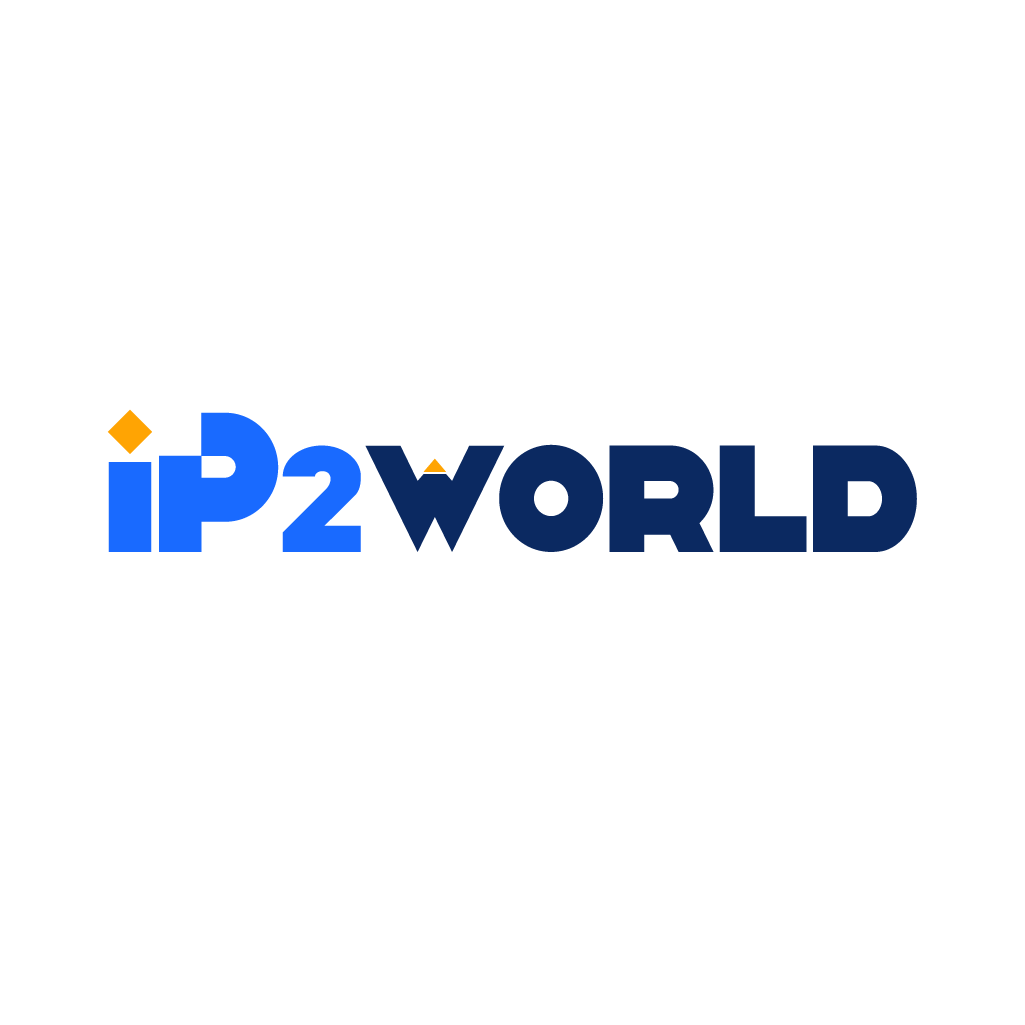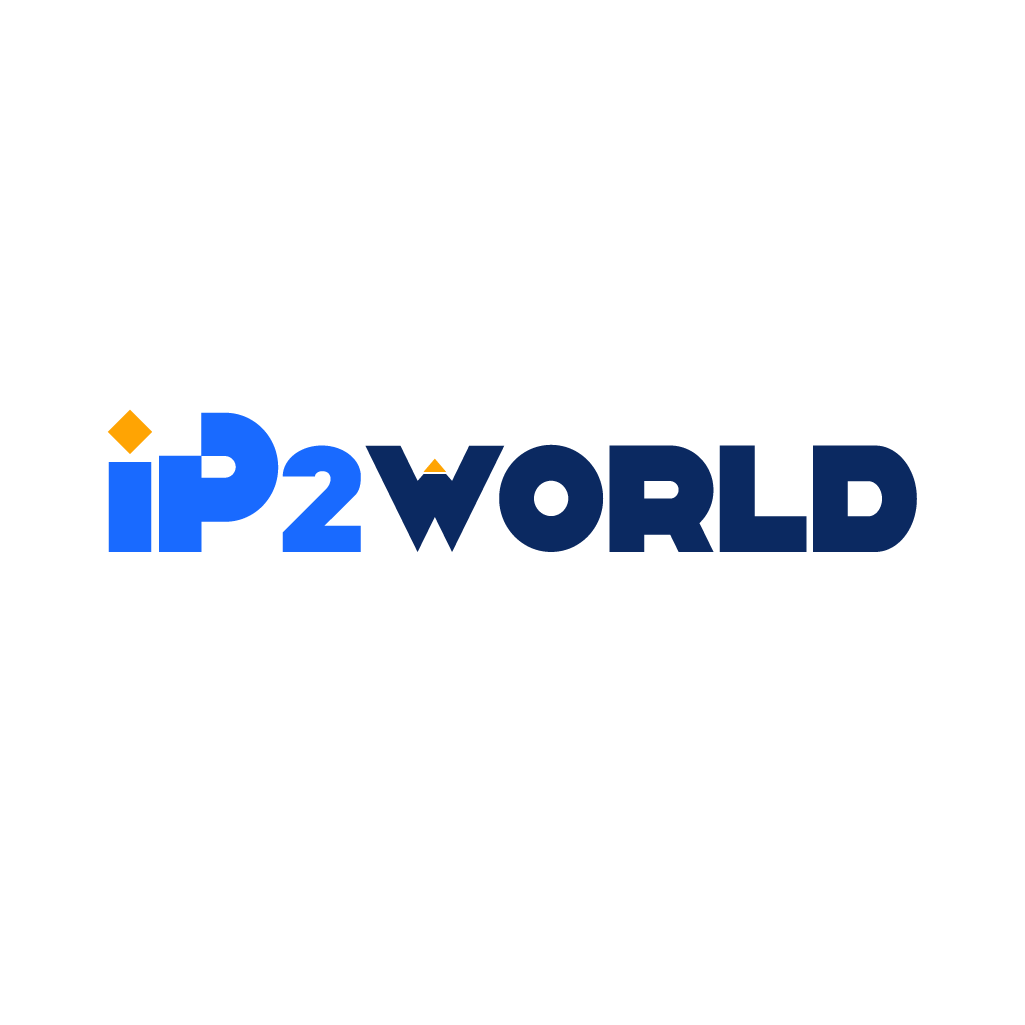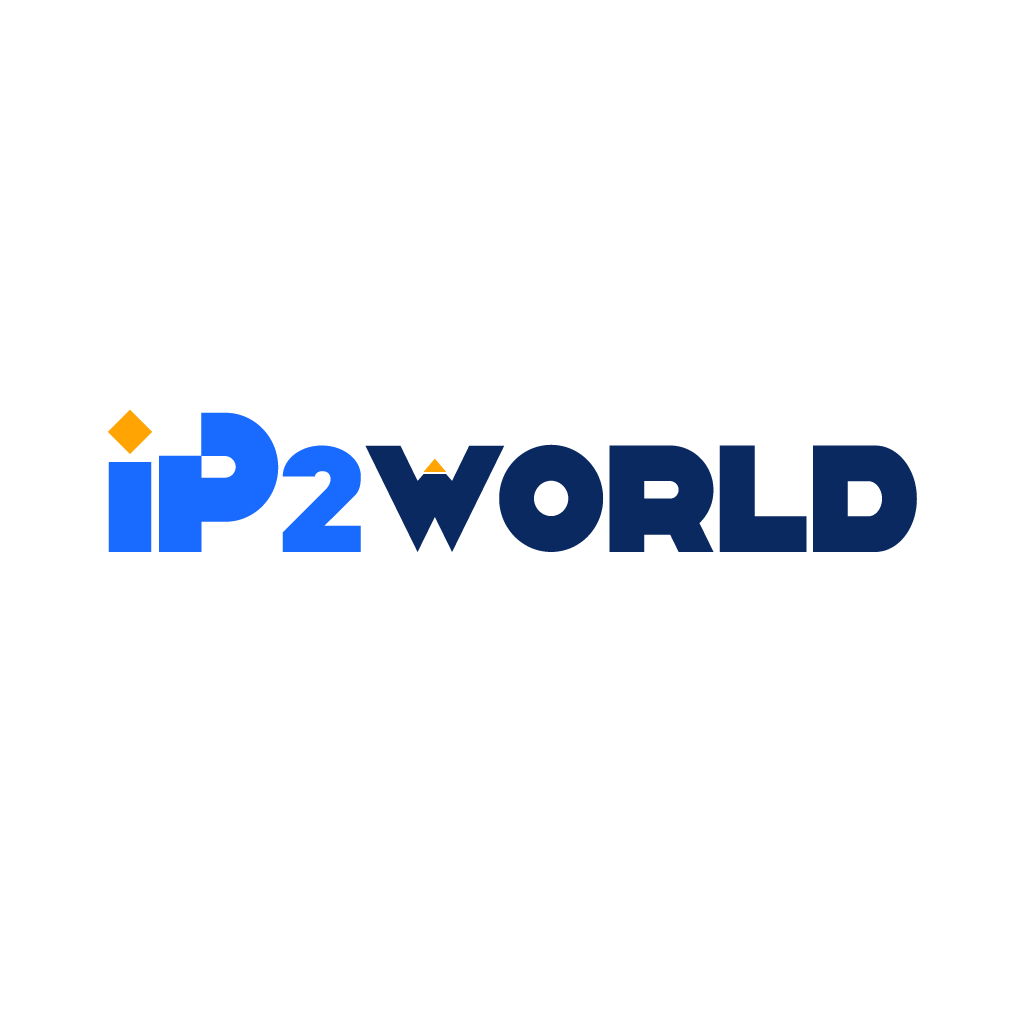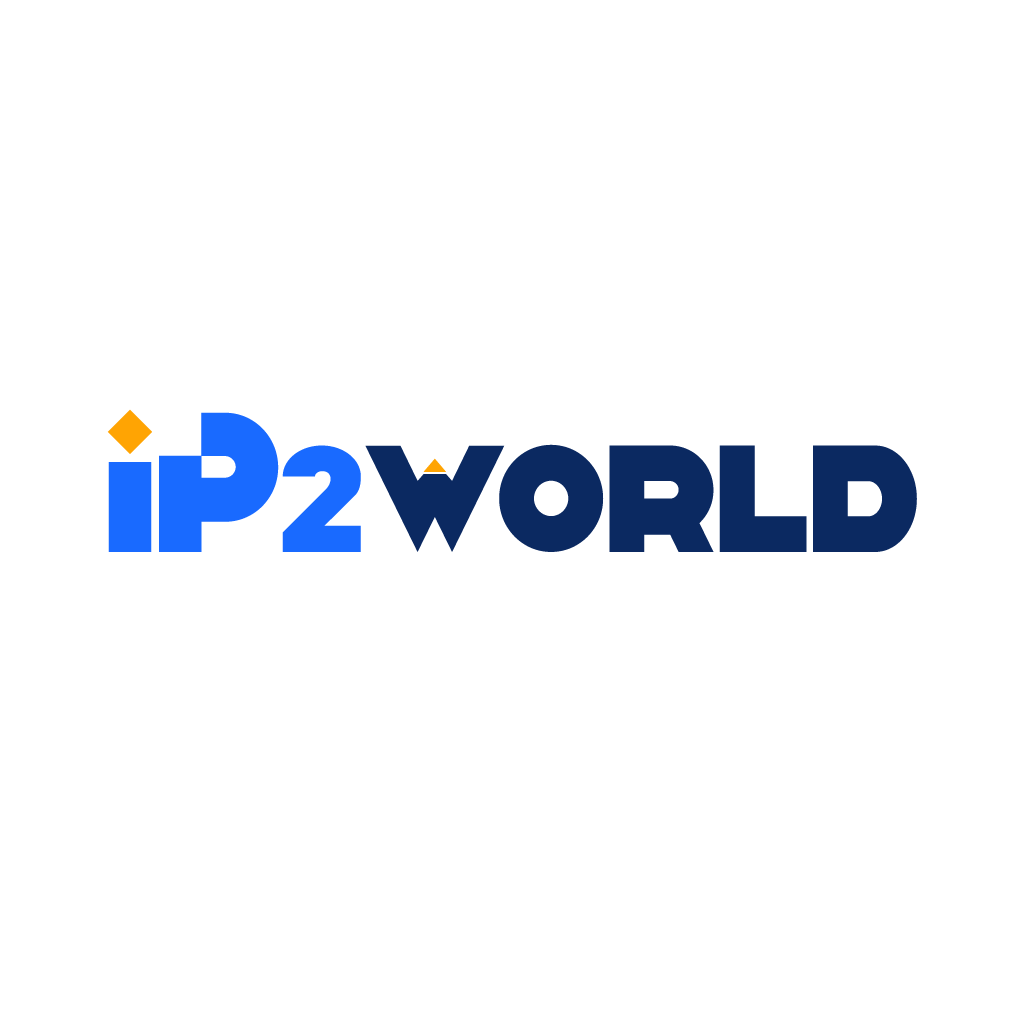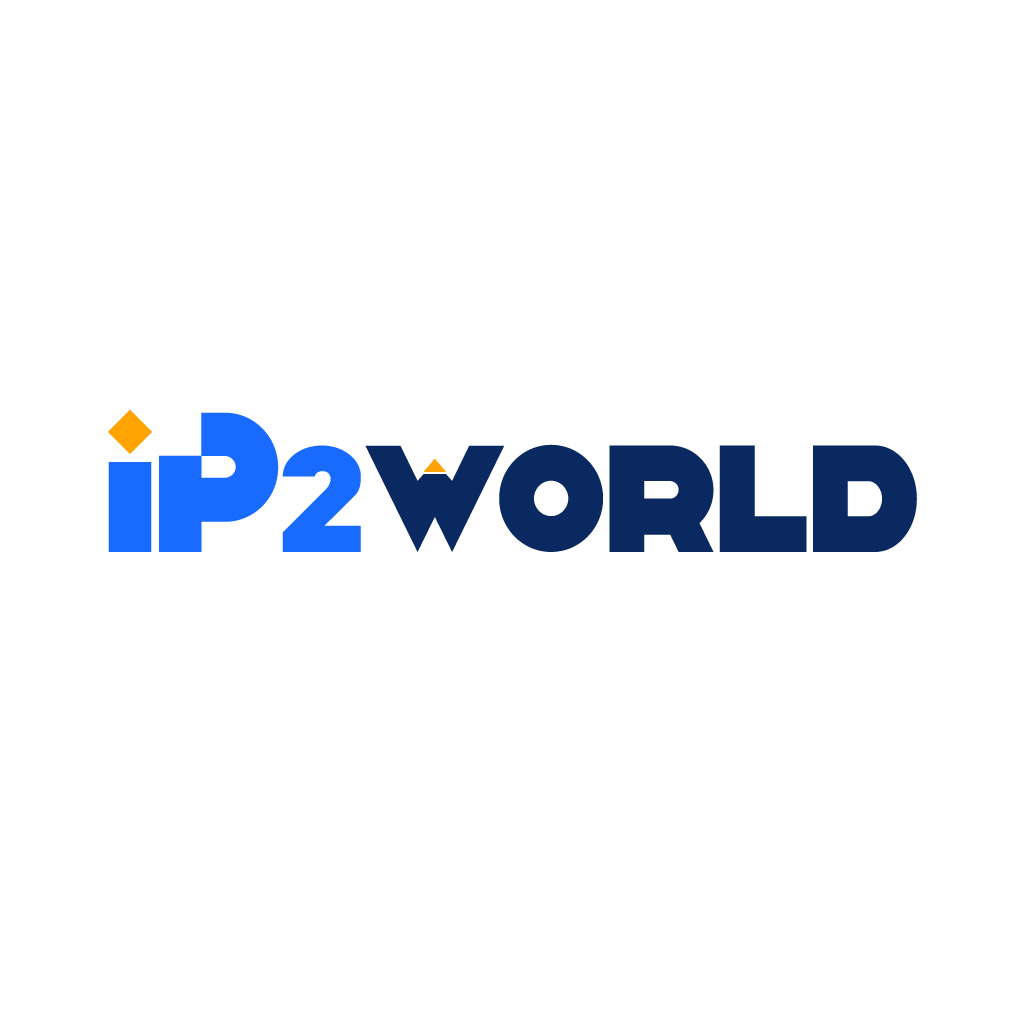As an important component in the network, the proxy server's main function is to perform network requests and transactions on behalf of users, thus acting as an intermediary between users and visited networks. In this way, the proxy server can hide the real IP address of users, provide anonymity, and at the same time, it can bypass some geographical restrictions and increase network security. Among many proxy server types, mobile proxy and residential proxy are widely used because of their unique characteristics and applicable scenarios. Mobile proxys provide proxy services through mobile networks, using IP addresses provided by mobile operators, which are usually associated with mobile devices, such as 4G or 5G networks. The main advantage of mobile proxy is that it can simulate the network behavior of real mobile users, which is especially important for application scenarios that need to test or collect data on mobile devices. Speed: The speed of mobile proxys is affected by the quality of mobile networks. High-speed mobile networks such as 4G or 5G can provide faster connection speed, but the speed may fluctuate due to network congestion or insufficient signal strength. Stability: Due to the characteristics of mobile networks, the connection stability of mobile proxys may not be as good as that of residential proxys. Network congestion or frequent change of mobile IP address may lead to unstable connection. Applicable scenarios: Mobile proxys are especially suitable for scenarios that need to simulate the behavior of mobile users, such as mobile application testing, social media automation and geo-directional research. Residential proxys provide services based on home broadband network, using IP addresses obtained from real residential users. These IP addresses behave more like the network behavior of ordinary home users on the Internet, so they have high anonymity and privacy protection. Speed: Residential proxys are usually slower than mobile proxys because they rely on home Internet connections, and home broadband may not be as fast as mobile networks. Stability: Residential proxys usually provide more stable connections, because home broadband connections are not easily affected by network congestion, and IP addresses are relatively fixed. Applicable scenario: The residential proxy is suitable for a wide range of web crawler projects and general web browsing, especially those scenarios that need diversified IP addresses to avoid being blocked by the target website. Generally speaking, mobile proxy and residential proxy have their own advantages, and which type of proxy server to choose depends on the specific application requirements. For example, if the task needs to simulate the behavior of mobile users or access mobile-specific content, the mobile proxy may be a better choice. On the contrary, if the task requires a stable IP address and a wide IP range, a residential proxy may be more suitable. Because of the particularity of its IP source, mobile proxy is very suitable for scenarios that need to simulate the behavior of mobile devices. According to market research data, mobile proxys perform well in the following scenarios: Mobile application testing: Mobile proxy can simulate the user experience in different geographical locations and mobile network conditions, and ensure that the application can run normally in all situations. The test data shows that using mobile proxy for application testing can improve the efficiency of finding and fixing bugs by simulating the performance under different network conditions. Social media automation: Mobile proxys are suitable for automated scripts and robots, and are used to manage multiple social media accounts, publish content and interact. According to an industry report, using social media management tools of mobile proxys can increase user interaction rate by about 20%. Geographical Orientation Research: Mobile proxys can effectively simulate the behavior of mobile users in specific areas, which is very useful for market research and advertising orientation. Research shows that the click-through rate of geo-targeted advertisements using mobile proxys is about 50% higher than that of non-targeted advertisements. Because of the authenticity and stability of its IP, residential proxy is suitable for scenes that need extensive IP addresses and stable connections. The following are the main applicable scenarios of residential agency and related data support: Web crawler project: the residential proxy provides a wide range of IP addresses, which is very important for web crawler projects that need to avoid IP blocking. It is estimated that the success rate of web crawler using residential proxy is about 75% higher than that of crawler using single IP source. Web browsing: Residential proxy is suitable for general web browsing, especially those application scenarios that need stable IP address and persistent connection. According to the survey of user experience, the user satisfaction of using residential proxy for web browsing is about 30% higher than that of using mobile proxy. Data analysis: The stable connection provided by residential proxys is suitable for large-scale data analysis and processing tasks. A research on data analysis task shows that using residential proxy can reduce the connection interruption rate by about 40% and improve the data processing efficiency. E-commerce monitoring: Residential proxys can simulate real users' visit and purchase behavior, which is very useful for e-commerce competitive intelligence and price monitoring. The market analysis report points out that e-commerce monitoring with residential proxys can provide more accurate market trend prediction. To sum up, mobile proxy and residential proxy have their own unique advantages and applicable scenarios. Mobile proxy performs better in scenarios that need to simulate the behavior of mobile users, while residential proxy is more suitable in scenarios that need stable IP address and wide IP range. Choosing an appropriate proxy type can significantly improve the efficiency and success rate of network tasks. As two mainstream proxy server types, mobile proxy and residential proxy have their own unique characteristics and applicable scenarios. They play an important role in providing anonymity, bypassing geographical restrictions, and executing network requests. Mobile proxy provides users with a high degree of anonymity and the ability to simulate the behavior of mobile users because of the mobility characteristics of its IP source. They perform well in scenarios that need to simulate the environment of mobile devices, such as mobile application testing, social media automation and geo-orientation research. However, due to the characteristics of mobile networks, mobile proxys may fluctuate in connection stability and speed. Nevertheless, the mobile proxy can still provide fast connection in the high-speed mobile network environment to meet the basic network requirements. Residential proxy is favored for its real IP source and stability. They are outstanding in scenes that require extensive IP addresses and stable connections, such as web crawler projects, web browsing and data analysis. The authenticity of the residential proxy makes it easier to bypass the anti-crawler mechanism of the website and provide a higher level of anonymity and privacy protection. However, the speed of residential proxy may be limited by the broadband connection of the family, and the cost is relatively high. When choosing a proxy server, users should weigh according to their specific needs. If the task needs to simulate the behavior of mobile users or access mobile-specific content, mobile proxys may be a more suitable choice. On the contrary, if the task requires a stable IP address and a wide IP range, a residential proxy may be more suitable. By comprehensively considering the advantages and disadvantages of mobile proxy and residential proxy, users can make more wise choices to improve the efficiency and success rate of network tasks.
2024-10-24
